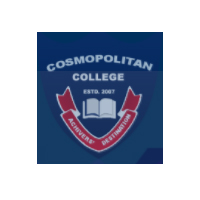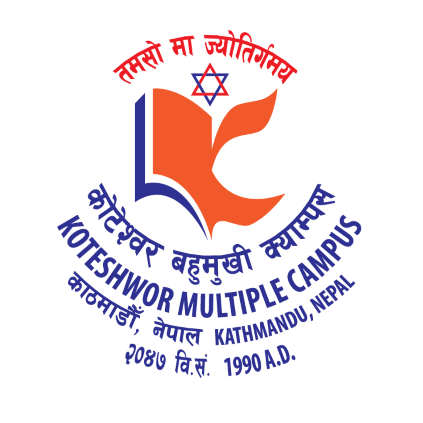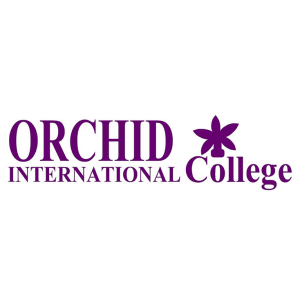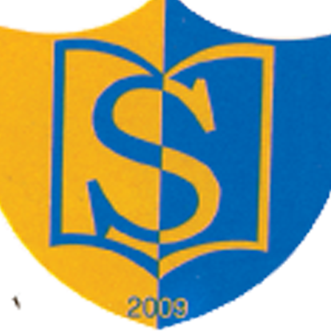Overview
Bachelor in Rural Development (BRD) — Thames International College, Old Baneshwor, Kathmandu
Bachelor in Rural Development (BRD) at Thames International College runs under the Faculty of Humanities and Social Sciences, Tribhuvan University.
The four-year BA structure focuses on Nepal’s rural economy, social organization, local governance, and community-based programs.
Classes take place at the Old Baneshwor campus.
Students connect classroom learning with field visits, short placements, and community-based assignments across the Kathmandu Valley and nearby districts.
Highlights
-
Affiliation: Tribhuvan University, Faculty of Humanities and Social Sciences
-
Duration: 4 academic years in the BA framework
-
Evaluation: Internal assessment and yearly examinations under TU rules
-
Field components: Guided field visits, community profiling, mini research, and report writing
-
Electives: Papers that link rural development with sociology, economics, policy, and research
Curriculum Details
Year one introduces development theories, basic research concepts, and foundations of Nepali society and economy.
Students learn key terms, conceptual frameworks, and entry-level research tools for field observation.
Year two moves into economics and development, society and development, and practical exercises such as needs assessment and social impact review.
Short field tasks and documentation start to build your portfolio.
Year three adds governance and development, sectoral development practices, and applied coursework in local institutions and program delivery.
Students conduct structured fieldwork and present findings in class seminars.
Year four integrates research method and academic writing with higher-level practice papers.
A final field study or equivalent applied assignment helps you consolidate skills for entry-level roles.
Objectives
-
Understand rural change across social, economic, cultural, and environmental dimensions
-
Develop applied skills for local planning, program support, and monitoring
-
Strengthen ethical practice in work with communities, government bodies, and NGOs
-
Build research capacity for basic studies and evidence summaries
Scope
Graduates work with local governments, NGOs and INGOs, cooperatives, microfinance groups, social enterprises, and sector projects in agriculture, livelihoods, WASH, education, or health.
The program’s fieldwork and documentation help you present concrete examples of community-based work when applying for roles.
Learning Outcomes
-
Analyze rural issues using relevant concepts and data
-
Map stakeholders and institutions at ward, municipal, and district levels
-
Use basic research tools to plan, collect, and interpret field information
-
Write clear reports for agencies, donors, and local bodies
-
Engage with communities using respectful and inclusive practice
Skill Development Modules
-
Field research: survey tools, interview guides, observation notes, ethics
-
Program skills: needs assessment, problem tree, logframe basics, monitoring notes
-
Data use: simple statistics, spreadsheet organization, data visualization basics
-
Communication: briefing papers, presentations, and community meeting records
Teaching Methodology
Faculty combine lectures, tutorials, guided readings, and seminar discussions with supervised field exercises.
Students keep logs, submit reports, and present in class.
Assessment draws on internal assignments and TU examinations in the annual cycle.
Admission Requirements
-
Minimum qualification: 10+2 or equivalent from a recognized board
-
Selection: Merit screening under TU rules; the college may use an interview for placement
-
Documentation: Academic transcripts, migration/equivalence (as applicable), and identification for the intake cycle
Career Opportunities
-
Community development: field officer, program assistant, mobilizer
-
Local government support: social development unit, ward-level facilitation
-
Rural finance and cooperatives: member services, monitoring support
-
Research and M&E: field enumerator, data and documentation assistant
-
Sector programs: agriculture extension support, WASH outreach, education and health projects
Scholarships and Financial Aid
Thames publishes merit and need-based opportunities each admission season.
Review current criteria and deadlines with the Admissions & Aid section for undergraduate applicants.
Why Choose This Course?
-
TU-standard syllabus focused on Nepal’s rural context and institutions
-
Applied fieldwork that connects theory to real cases and local bodies
-
City-center access to agencies and networks that support placements
Conclusion
BRD at Thames offers a four-year route within the TU BA framework for students who want structured study, guided fieldwork, and practical documentation.
The curriculum helps you develop skills for community-based roles and further study in development fields.
FAQ
Q1. How long is the BRD program?
Four academic years within the TU BA structure.
Q2. Does BRD include fieldwork?
Yes. The course map includes guided field visits, short placements, and report-based assignments.
Q3. What subjects appear alongside rural development?
Sociology, economics, policy, and research-oriented electives support the major.
Q4. What entry qualification is needed?
10+2 or equivalent from a recognized board; selection follows TU rules and college procedures.
Q5. Which sectors hire BRD graduates?
Local governments, NGOs and INGOs, cooperatives, microfinance, social enterprises, and sector projects in livelihoods, WASH, education, and health.






















